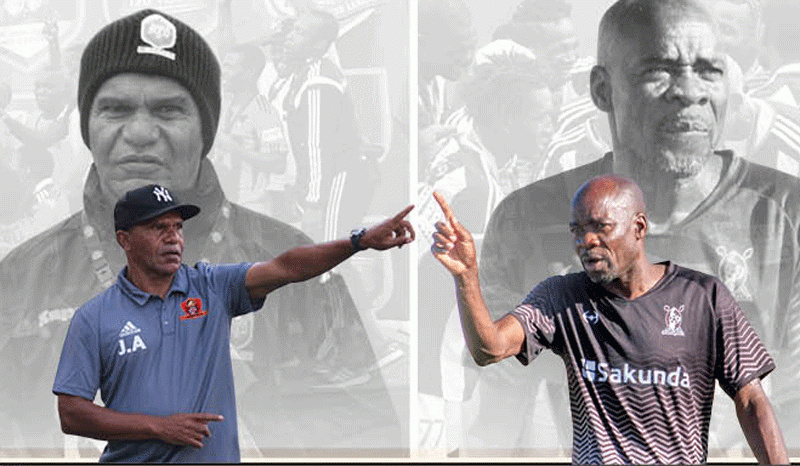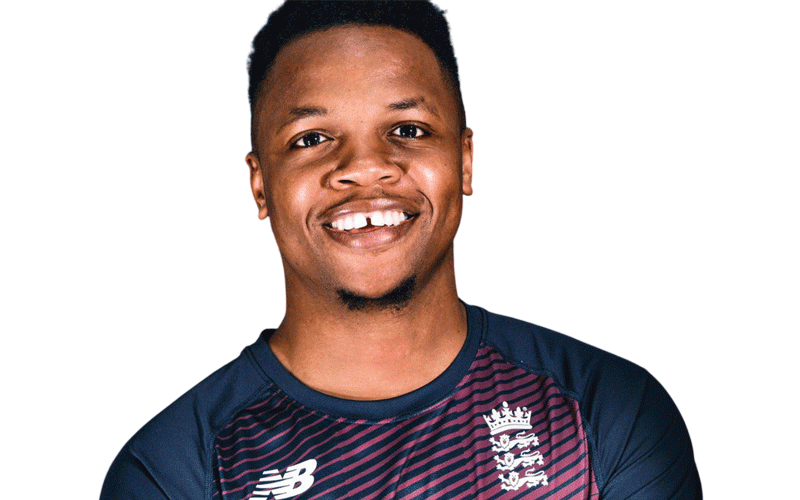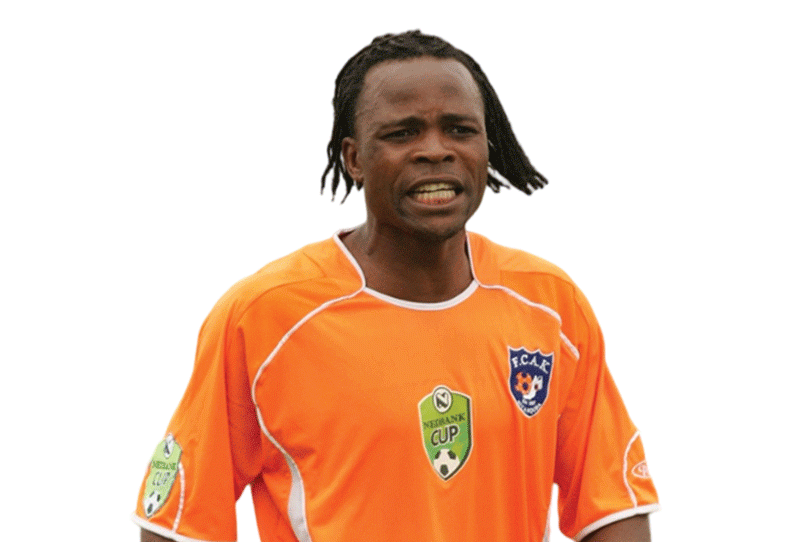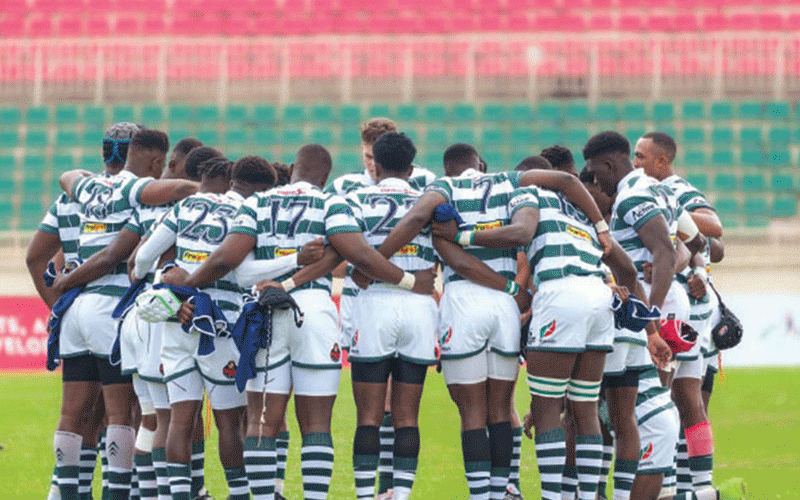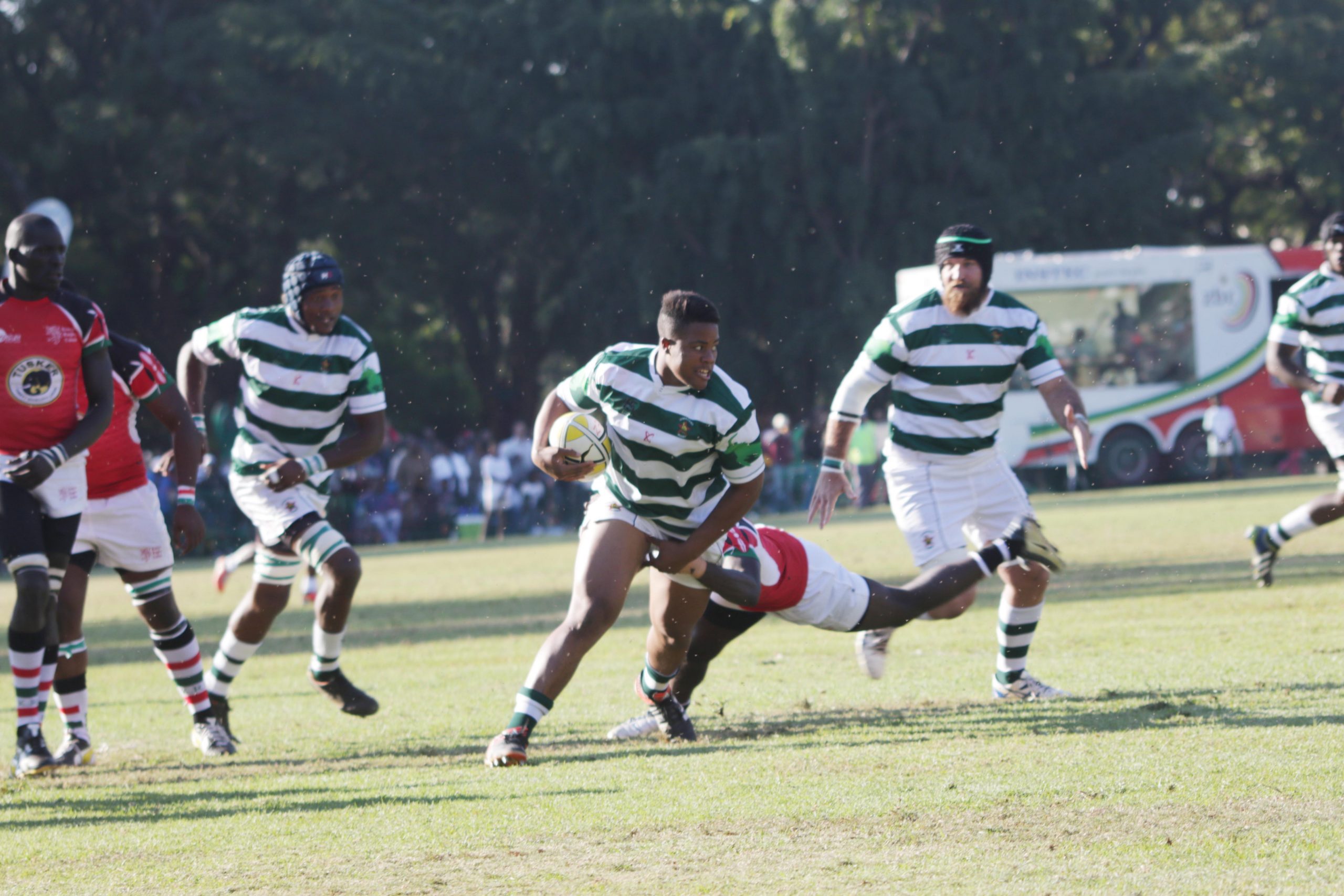
ZIMBABWE’s senior men rugby team is in danger of missing their seventh successive Rugby World Cup since 1991 after the Sables were relegated from the top-tier Africa Cup Group 1A following home losses to Kenya (61-15) and Uganda (27-34) at the Police Grounds recently.
INSIDESPORT WITH MICHAEL KARIATI
The relegation complicates the Sables’ chances of qualifying for the next edition of the Rugby World Cup to be held in Japan in 2019.
Zimbabwe now needs to be top of the Division 1B next year in order to be readmitted into the top tier group for the 2018 season to fight for the lone ticket to the 2019 global showpiece during the continental qualifiers taking place in two years’ time.
The Sables’ world ranking also fell in the wake of the defeats to Kenya and Uganda as they dropped three places down the perking order and are now placed 33rd in the world.
This is a far cry to the late 80s and early 90s when the Sables took part in the 1987 and 1991 Rugby World Cup where they were Africa’s representatives.
During that period, Zimbabwe showcased to the world some of its finest players in the form of the late great Richard “Black Diamond” Tsimba, Adrian Garvey, skipper Brian Currin, Andy Ferreira, Brendan Dawson, Honeywell Nguruve, Elimon “Bedford” Chimbima, Alex Nicholls and Ralph Kuhn amongst others.
It was unheard of for teams like Kenya and Uganda to come to Zimbabwe and win. But Cyprian Mandenge’s team has broken all records — losing to lightweights at home, which resulted in the team getting relegated from the Africa Cup Division 1A.
- Chamisa under fire over US$120K donation
- Mavhunga puts DeMbare into Chibuku quarterfinals
- Pension funds bet on Cabora Bassa oilfields
- Councils defy govt fire tender directive
Keep Reading
While some fingers could be pointing at Mandenge for the Sables’ dramatic slump, the truth is Mandenge did well considering the circumstances he has been operating under. The crisis in the Sables camp goes far beyond the coach’s ability.
That Mandenge had to call out of retirement a 38-year-old Costa Dinha to face Kenya clearly showed how desperate the coach was in terms of playing resources.
With no national league to draw his national team from, Mandenge was forced to go for the players whom he thought would win for the nation, but unfortunately that was not to be. As the rugby family reflects on the sad events of the past 14 days, it is also important that they look forward to the future knowing there is a way back to the top.
Zimbabwe boasts of one of the finest development programmes on the continent through support from partners such as Old Mutual, while the local schools structure is the envy of many rugby playing nations around the world.
Zimbabwe’s schools rugby system is credited for producing some of the world’s top players such as Tendai “Beast” Mtawarira, David Pocock, Tonderai Chavhanga and David Denton, among a host of other stars who have gone on to play for other nations.
However, there is little incentive for players to play for Zimbabwe beyond high school level.
Consequently, the club rugby pool is now very diluted and there is little to choose from at national level. This has been the reason for Zimbabwe’s rugby decline.
There is urgent need for local rugby stakeholders to come up with measures to ensure that the nation retains its fledgling stars after they complete their high school education.
Unless rugby is restored at provincial and national league level, chances are that Zimbabwe’s pedestal fall will continue and the Sables will in future be overtaken even by the likes of Botswana and Zambia.
For comments, views and suggestions, email [email protected] or WhatsApp on 0773 266 779.

